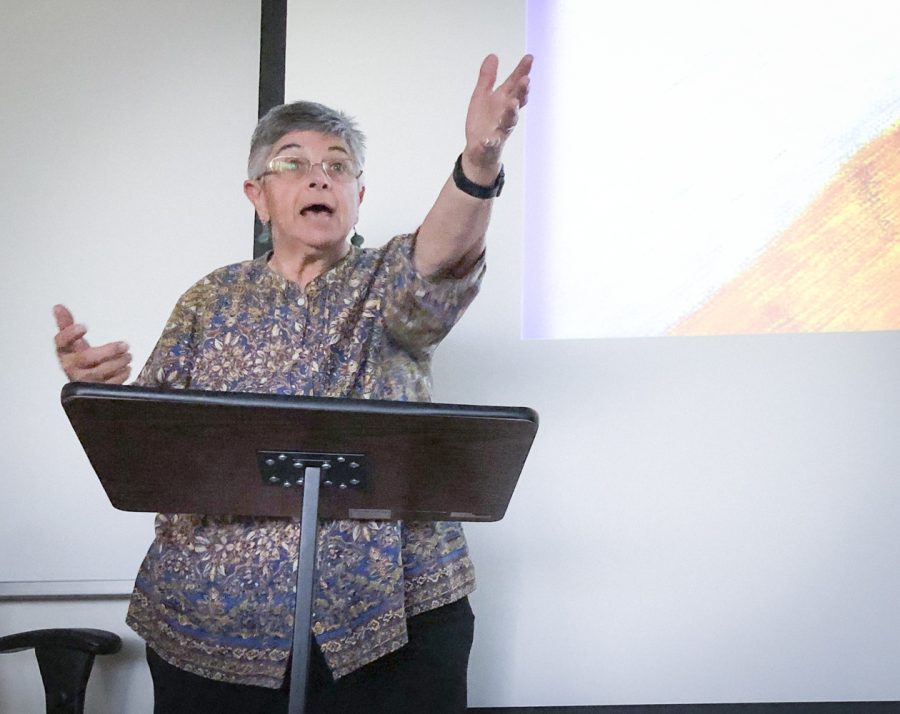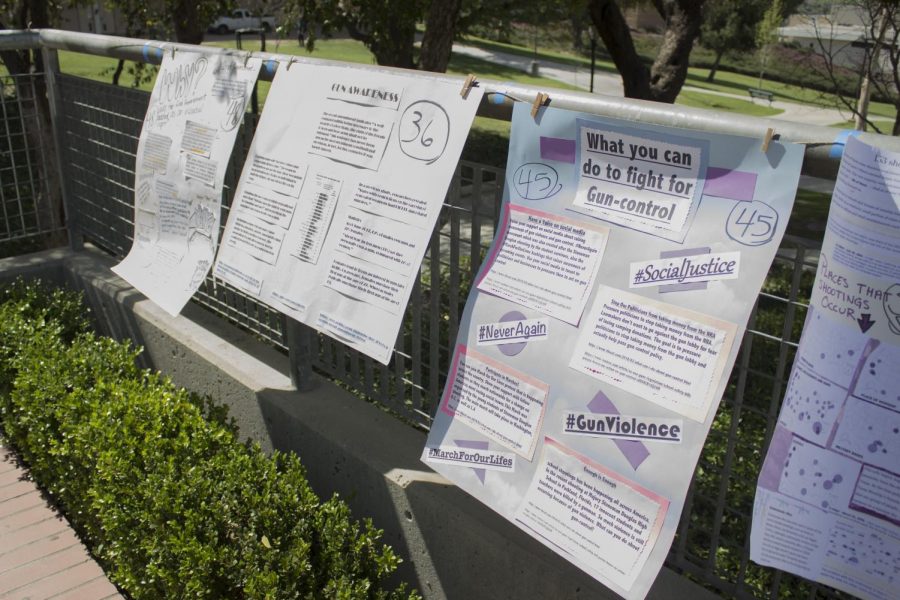Moorpark College’s website states that out of 15,000 students, 55 percent are women and out of 8,250 female students on the Moorpark campus, an estimated 2,062 engage in disordered eating.
In college, 25 percent of women engage in binging and purging as a weight management technique and out of 185 female students surveyed 58 percent felt pressure to be a certain weight, according to the National Association of Anorexia Nervosa and Associated Disorders.
Media is said to be a driving factor in the realm of eating disorders, according to Dr. Anne E. Becker at Harvard University.
Taylor Devian, a 19-year-old Moorpark College student, shared her opinion about the campus advertising
“Take out the diet advertising around campus. If I could rip it down, I would,” said Devian.
According to a study Becker conducted in Fiji, three years after television was introduced into their culture, the percentage of adolescent girls who engaged in eating disorder behaviors rose from 0 to 11.3 percent.
Devian craves support in the form of a support group and a registered dietician on campus.
While Moorpark College does offer free nutritional counseling, medical professionals and health insurance companies only recognize registered dieticians as qualified figures in the field.
Anyone can hold the title of nutritionist but to be a registered dietician one must have a degree.
Sharon Manakus, RN and Coordinator of Student Health services on campus noted that students have noticed a disorder’s effect on their studies.
“2.4 percent of Moorpark students surveyed in a Spring 2010 poll admitted feeling academically impacted on due to an eating disorder,” said Manakus.
The poll did not measure how many students on campus struggle with an eating disorder, only if there are students who experience academic challenges due to an eating disorder.
National statistics, compiled by the South Carolina Department of Mental Health, suggest that only twenty of these students will get help and for most part, will not get enough.
In fact, only 1 in 10 people with eating disorders will receive treatment and about 80 percent will not get the intensity of treatment they need to stay in recovery.
Recovery from an eating disorder can take four to seven years, according to Diagnostic and Statistical Manual of Mental Disorders (DSM-IV), the medical manual that mandates the standard criteria for the classification of eating disorders.
Given those statistics, any student who battles disordered eating, whether or not previously treated, will need on-going support.
“I really would like to see support on campus,” said Devian. “It would be amazing.”
Manakus hopes to bring NEDA to the campus next February for the annual NEDAwareness Week to raise awareness and provide support.
For assistance with an eating disorder, visit the Student Health Center or call the NEDA Information & Referral Helpline at 1-800-931-2237.





